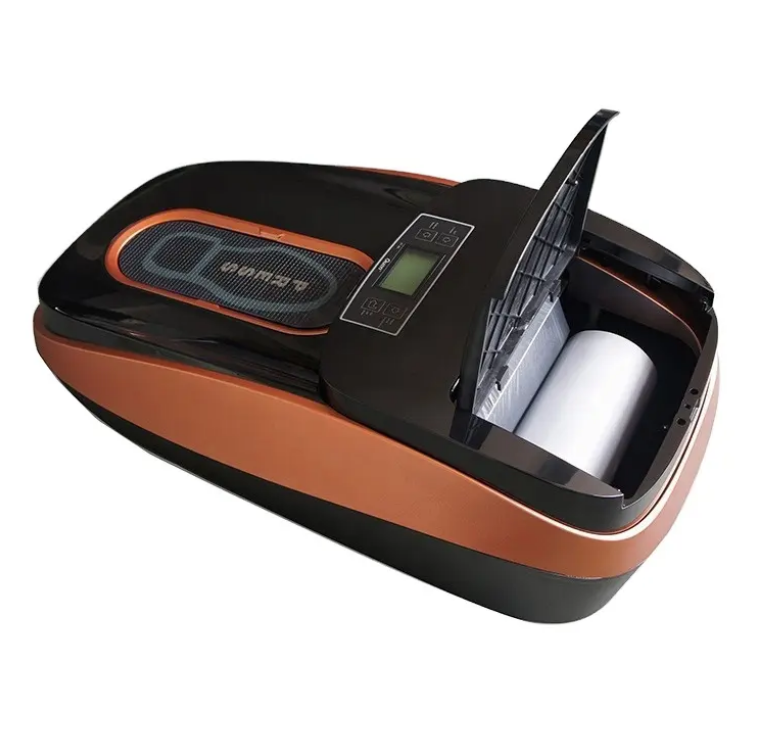When it comes to electrical connections, choosing the right solder is crucial for ensuring reliable and long-lasting performance. With numerous options available in the market, it can be challenging to determine the best solder for your specific needs. In this article, we will delve into the world of soldering and explore the factors that make a solder ideal for electrical connections. By the end, you will have a comprehensive understanding of the best solder to achieve optimal results.
- Understanding the Importance of Solder in Electrical Connections:
Solder plays a vital role in creating secure and conductive electrical connections. It acts as a bonding agent between the components, ensuring a low-resistance path for the flow of current. The quality of the solder directly impacts the reliability, durability, and overall performance of the connection. - Key Considerations for Selecting the Best Solder:
a. Composition: The composition of solder greatly influences its performance. Lead-based solders, such as tin-lead alloys, have been widely used in the past. However, due to environmental concerns, lead-free solders, such as tin-silver-copper alloys, have gained popularity. We will explore the pros and cons of each type, considering factors like melting point, wetting ability, and mechanical strength.
b. Flux Core: Flux is a crucial component of solder that aids in the soldering process. It helps remove oxidation, enhances wetting, and promotes a strong bond. Different flux cores, such as rosin, water-soluble, and no-clean flux, have specific applications. We will discuss their characteristics and recommend the most suitable flux core for various electrical connection scenarios.
c. Melting Point: The melting point of solder determines the temperature required for the soldering process. It is essential to select a solder with a melting point compatible with the components being soldered. We will explore the effects of high and low melting point solders, considering the materials commonly encountered in electrical connections.
d. Reliability and Durability: Electrical connections are often subjected to various environmental factors, including temperature fluctuations, vibrations, and moisture. The best solder should exhibit excellent mechanical strength, thermal stability, and resistance to corrosion. We will discuss solder alloys that offer superior reliability and durability in demanding conditions.
- Case Studies and Practical Applications:
To provide a real-world perspective, we will present case studies highlighting the best solder choices for specific electrical connection scenarios. These examples will cover a range of applications, including PCB assembly, automotive electronics, aerospace systems, and consumer electronics. By analyzing these cases, you will gain insights into selecting the most suitable solder for your own projects.
Conclusion:
In the realm of electrical connections, the choice of solder is paramount. By considering factors such as composition, flux core, melting point, and reliability, you can make an informed decision to achieve optimal results. Remember, the best solder for electrical connections may vary depending on the specific application. By understanding the intricacies of solder selection, you can ensure reliable and long-lasting electrical connections in your projects.


More Stories
How Jiesheng Monitor Arms Improve Your Home Office Setup
Reducing Line Losses and Enhancing Efficiency with Sun.King Capacitors for AC Railway Power Networks
AI Smart Glasses for Blind: A Comprehensive Buying Guide